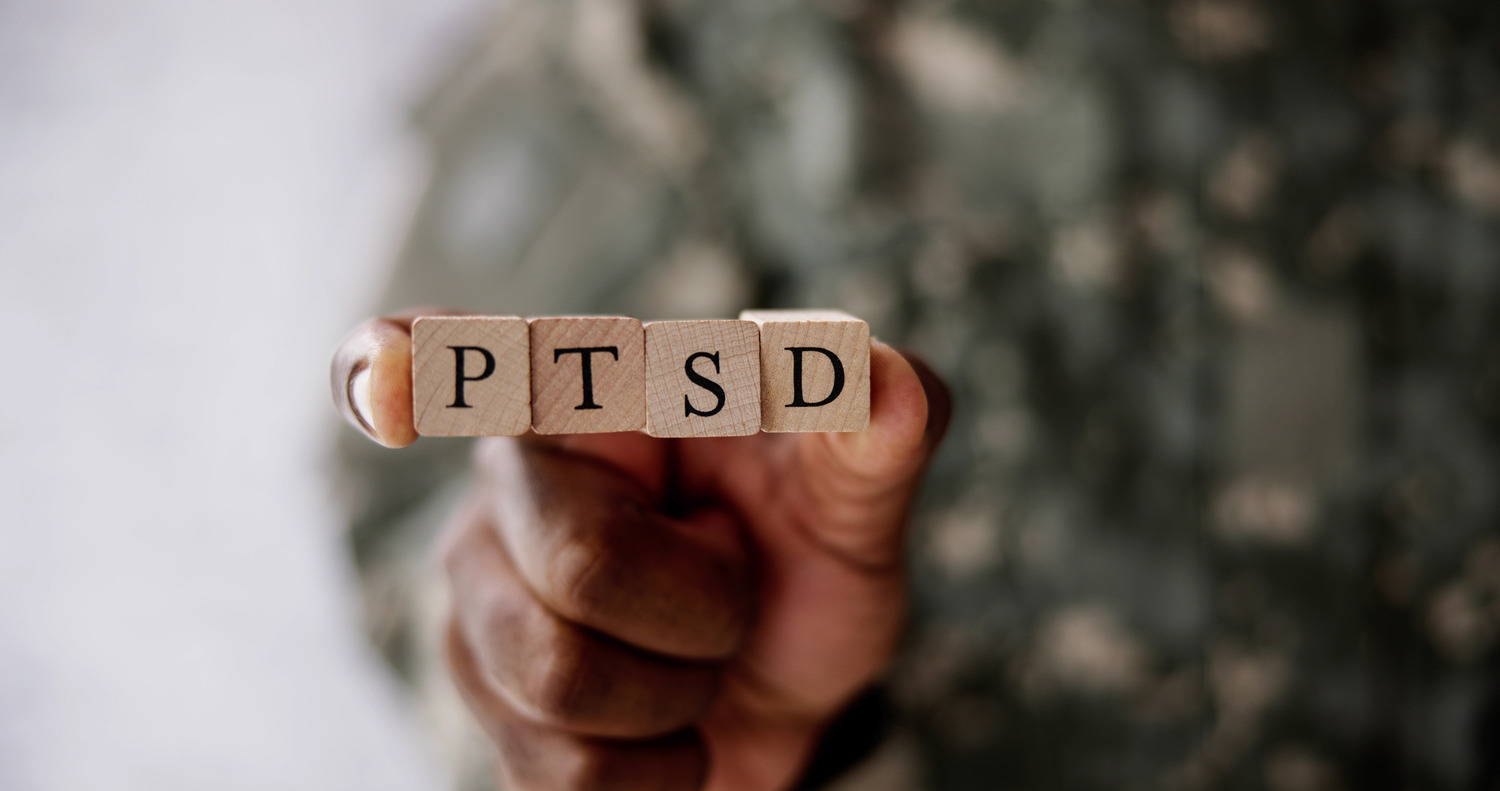 Veterans can now access psychedelic-assisted psychotherapy treatments through government backed funding.
Veterans can now access psychedelic-assisted psychotherapy treatments through government backed funding.
Under the program delivered by the Department of Veterans’ Affairs (DVA), MDMA can be used to treat eligible veterans with post-traumatic stress disorder (PTSD), and psilocybin can be used for those diagnosed with treatment-resistant depression (TRD).
The move follows a landmark decision by the Therapeutic Goods Administration (TGA) to allow authorised psychiatrists to prescribe psychedelics for these specific indications under strict regulatory controls.
The treatment must be delivered or overseen by the authorised prescriber and members of the immediate treating team including psychiatrists, clinical psychologists, and psychologists who are required to have completed an accredited psychedelic-assisted psychotherapy (PAP) training course.
PAP is considered a fourth-line treatment option and for a client to be eligible there must be strong evidence of failure following multiple attempts at standard treatment options.
For consideration for MDMA treatment the client must have had an adequate trial of at least two strongly recommended treatments for PTSD listed in Australian or International guidelines, or equivalent treatment combinations from the conditionally recommended list.
RELATED: MDMA showing ‘remarkable’ results for treatment resistant PTSD
For a patient to be considered for treatment with psilocybin they must meet the DVA definition for TRD and they must have also had an adequate trial of one or more established and DVA-funded TRD treatments.
Consultant psychiatrist Jonathan Laugharne from Perth’s Empax Centre previously spoke to Medical Forum about the progress he had seen in patients accessing MDMA-assisted psychotherapy for treatment resistant PTSD since the drug had been rescheduled to allow its use in certain situations.
He said cost was a factor in people being able to access the treatment, which he estimated as costing between $25,000 and $30,000.
Dr Karen Spielman, Chair of RACGP Specific Interests Psychological Medicine, welcomed the DVA’s move to fund the treatment for eligible veterans.
“These treatments are an important addition to our options for helping those with symptoms that may not have responded to conventional therapies,” she said.
“There is emerging evidence of their usefulness and in carefully selected and well supported cases they may bring hope for relief.”
Dr Spielman told Medical Forum that while the use of psychedelic assisted psychotherapy was still in its early days, if the treatments were shown to be more effective, then it was likely access and equity would be an issue.
She added that GPs should work as usual to weigh up the pros and cons for each individual while collaborating with and relying on the expertise of specialist colleagues.
The DVA’s funding of PAP is tied to the veteran’s card type and diagnosis.
Current Australian Defence Force members are not eligible, nor is funding available for treatment performed outside Australia.
RELATED: From a lived experience to setting up a practice for veterans
Funding requests must be submitted by the authorised prescriber and must be itemised, including a fee breakdown covering all MBS and non-MBS items and can include a daily facility fee of $600.
The maximum number of dosing sessions the DVA will fund is three, and retrospective funding is not available.
Retreatment is only funded in exceptional circumstances and requires extensive supporting evidence, reviewed by DVA’s chief psychiatrist.
Want more news, clinicals, features and guest columns delivered straight to you? Subscribe for free to WA’s only independent magazine for medical practitioners.
Want to submit an article? Email editor@mforum.com.au

